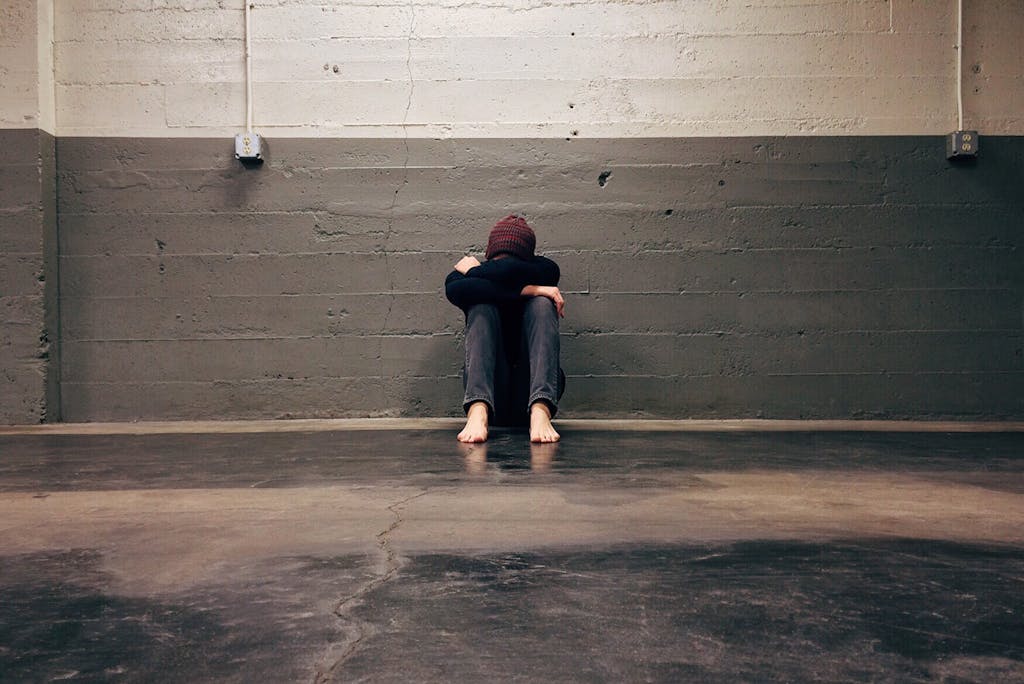Your cart is currently empty!

4 Tips on How to Navigate Dealing with Social Anxiety
This is a sponsored post.
It can be hard to beat your anxiety once and for all; truly, it can. Sometimes, there are factors beyond your control that can make anxiety all the more challenging- like other people, for example. Dealing with social anxiety can feel like you’re constantly climbing a mountain, right? It’s tough when everyday interactions seem intimidating and potentially embarrassing.
There’s always the chance of them judging you, a misunderstanding, or the other person being rude, no matter how kind you’re being. These are, unfortunately, environmental factors that you just can’t control- and that within itself is hard. But guess what? You’re not alone, and there’s a pathway through this.
Now, social anxiety isn’t exactly the easiest thing to navigate; that’s something you need to think about, for starters, so it’s about managing it and navigating it so maybe it won’t be so detrimental to your life. So, with that said, here’s what you can do!
You Need to Understand Social Anxiety First
The first step to dealing with social anxiety is understanding its root cause. It’s much more than just shyness. It’s a fear of being judged or scrutinized in social situations, impacting your work, school, and daily activities.
However, knowing you’re not alone can be a source of comfort. Social anxiety is far more common than you might think.
Here’s where understanding comes in:
- Identifying Triggers: What specific situations trigger your anxiety? Parties, public presentations, or even casual conversations? Recognizing your triggers is crucial for dealing with social anxiety effectively.
- Understanding the Thought Patterns: What negative thoughts fuel your anxiety? Do you fear being ridiculed or appearing incompetent? Challenging these distorted thought patterns is a key component of managing social anxiety.
Dealing with Social Anxiety:
Knowledge is power, but it’s just the first step. Here are some ways to actively deal with social anxiety:
- Exposure Therapy: Gradually expose yourself to feared situations in a safe and controlled environment. This can help desensitize you to anxiety triggers.
- Cognitive Behavioral Therapy (CBT): Learn to identify and challenge negative thought patterns that contribute to social anxiety. CBT can equip you with coping mechanisms to manage anxious feelings.
- Relaxation Techniques: Practice relaxation techniques like deep breathing or meditation to calm your body and mind during anxiety-provoking situations.
Remember, dealing with social anxiety is a journey. Be patient with yourself, celebrate small victories, and seek professional help if needed. There’s no shame in seeking support – a therapist can guide you through the process of overcoming social anxiety and living a more fulfilling life.
You’ll Need Baby Steps When Dealing with Social Anxiety
Social anxiety can feel like a mountain to climb, but the key to reaching the summit lies in taking baby steps. Instead of focusing on grand gestures, start small. It could be a simple “hello” to your neighbor, a text message to a family member, or even a brief exchange with the cashier at the grocery store. The key is to keep it small and manageable.
These tiny interactions practiced consistently, will gradually chip away at your social anxiety. Each successful interaction, however brief, builds confidence brick by brick. Over time, you’ll find yourself feeling more comfortable venturing into slightly more complex social situations.
Here’s why baby steps work:
- Reduced Overwhelm: Small interactions are less intimidating, making them easier to initiate and complete.
- Focus on Progress: Each successful step forward is a victory, motivating you to continue.
- Building Confidence: Small wins build confidence, making you more receptive to future challenges.
Remember, conquering social anxiety takes time and consistent effort. Celebrate your progress, no matter how small, and embrace the power of baby steps. Before you know it, you’ll be scaling that social mountain with increased confidence and ease.

It Helps to Seek Professional Guidance
It’s always going to be a smart decision to work with a therapist, especially one that specializes in social anxiety. They’re going to help you get to the root cause, but they’re also going to help you notice your triggers and shift your brain so you know you’re not in any danger- it’s a part of CB therapy. While yes you can watch YouTube videos online or even read books, having a therapist join you on this journey is the best way to navigate to the point where you won’t have to deal with it anymore.
Consider Exploring Alternative Therapies
Now, CBT is a fantastic form of therapy that’s known to work, but it’s not the only one either. You could consider art therapy, music therapy, or other types of therapies to help. Nowadays, more people are turning towards relief treatments that their local cannabis clinic offers. There has been some proof that cannabis-based products do help relieve some symptoms of anxiety. But of course, you’re going to have to speak with your healthcare professional first and see if they recommend this.

Leave a Reply